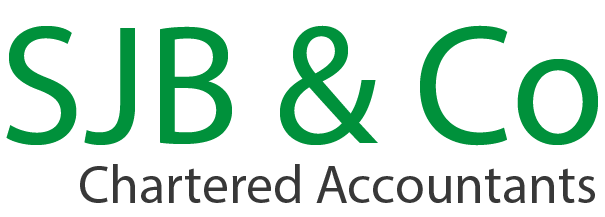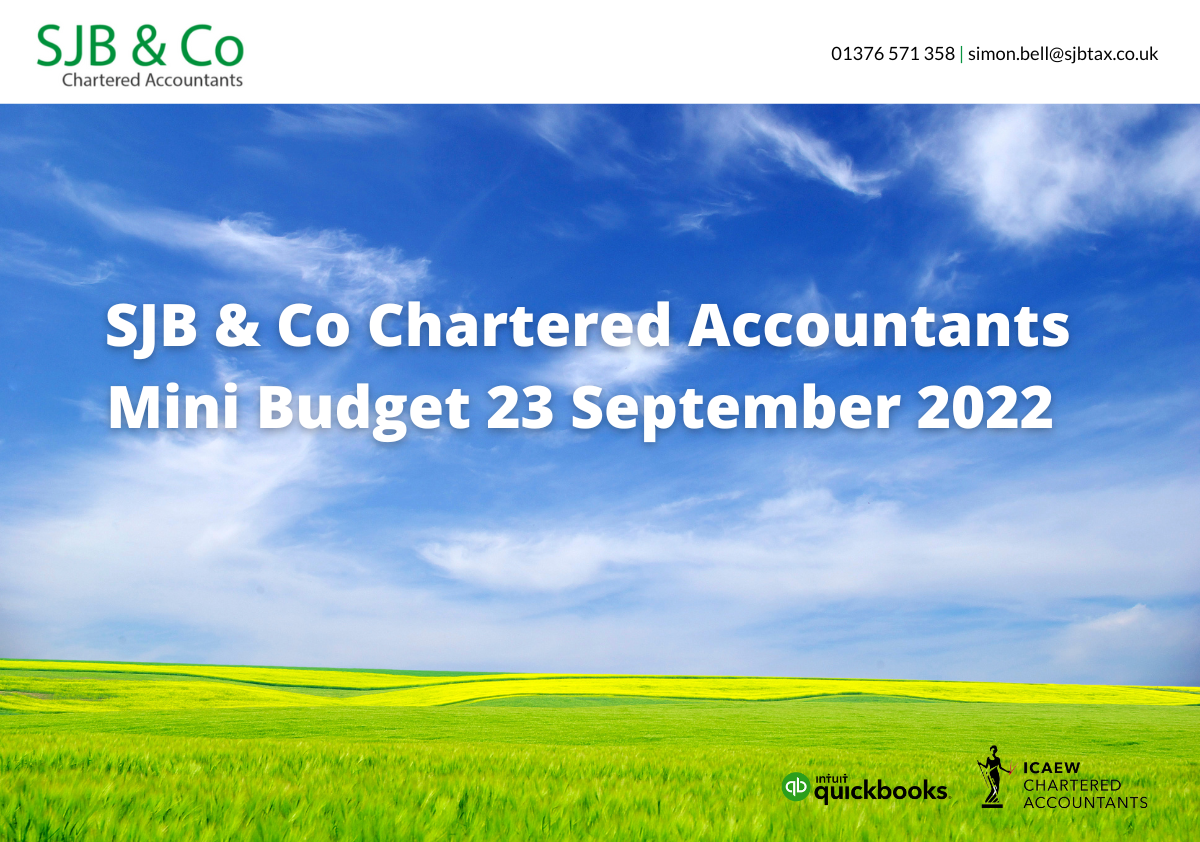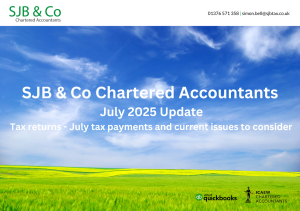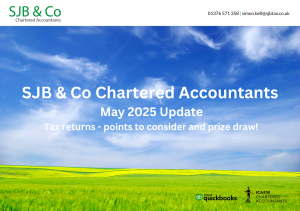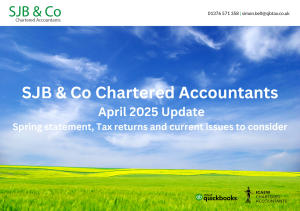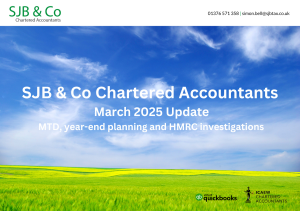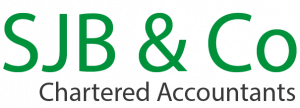The new Chancellor, Kwasi Kwarteng, revealed his exceptional bid to regenerate the economy by cutting taxes today, 23rd September 2022. He is gambling that this will invigorate growth and this additional activity will provide the tax revenues to fund his tax cuts.
Most pundits are reporting that this “mini” budget contains the biggest tax cuts since the Barber budget of 1972.
The following summary sets out the main points that will impact our tax payments in the following months.
National Insurance increases reversed
As expected, National Insurance contribution (NIC) rates will be cut by 1.25 percentage points for employees, employers and the self-employed. This reverses the uplift introduced in April 2022 for the rest of the current tax year. The cut will take effect from 6 November 2022 and it will cover Class 1 (both employee and employer), Class 1A, Class 1B and Class 4 (self-employed) NICs).
The ring-fenced Health and Social Care Levy of 1.25% due to be introduced from April 2023 will also not go ahead. Employers will need to ensure that their payroll software is updated to accommodate these changes from 6 November 2022.
Income tax
Two major changes to income tax from 6 April 2023:
- The 45% additional rate band is being abolished. The highest rate of income tax will now be 40%.
- And secondly, the reduction in the basic rate – from 20% to 19% – will now take place a year earlier, from 1 April 2023.
Dividend tax
In line with the withdrawal of the Health and Social Care Levy from April 2023 and the abolition of the 45% Income Tax Band from the same date, the rates of dividend tax from April 2023 will be:
- The first £2,000 of dividends will remain tax-free.
- Dividends that form part of the basic rate Income Tax band will taxed at 7.5%
- Dividends that form part of the higher rate Income Tax Band will be taxed at 32.5%.
Corporation tax
The proposed increase in the rate of corporation tax to 25% from 1 April 2023 is cancelled. This means the UK corporation tax rate will stay at the present rate of 19%.
Stamp Duty Land Tax (SDLT)
In England and Northern Ireland, from the 23 September 2022, SDLT rates are being cut for residential property purchases. The new rates will be:
- £0 to £250,000 – 0%
- £250,001 to £925,000 – 5%
- £925,001 to 1,500,000 – 10%
- Over £1,500,000 – 12%
The rates of duty for residential property purchases in Scotland and Wales are controlled by the regional assemblies and may be different to the above rates.
Additional rates will continue to be applied for purchases of second homes.
First-time buyers will benefit from the following changes:
- Firstly, by increasing the level first-time buyers start paying stamp duty from £300,000 to £425,000.
- In addition, the government is allowing first-time buyers to access the relief when they buy a property costing less than £625,000 rather than the current £500,000.
These measures will reduce stamp duty bills across the board for all movers by up to £2,500 with first-time buyers able to access up £11,250 in relief.
Tax relief for business capital purchases
The present capital allowance, the Annual Investment Allowance (AIA), provides a 100% deduction for qualifying capital purchases, limited to expenditure up to £1m. The AIA expenditure cap was due reduce to £250,000 from 31 March 2023.
To promote investment the AIA cap will now be permanently increased to £1m.
Alcohol duties
The planned increases in the duty for beer, cider, wine and spirits have been cancelled.
VAT
A new digital, VAT-free shopping scheme is to be introduced to attract non-resident visitors. Non-UK visitors will be able to secure a VAT refund for qualifying purchases if exported from the UK in their personal baggage.
IR35 and off-payroll working
From April 2023, the 2017 and 2021 reforms to the IR35 regulations will be withdrawn. Workers providing their services via an intermediary will once again be responsible for determining their own employment status and paying the appropriate amount of tax and National Insurance contributions under the IR35 rules.
Need more information?
For more information or to discuss any issues raised above please contact Simon Bell by phone on 01376 571358 or email [email protected] .
Please feel free to forward this newsletter to any colleagues or friends who may be interested in it.
This newsletter is written in general terms and therefore cannot be relied on to cover specific situations; applications of the principles set out will depend on the particular circumstances involved and it is recommended that you take professional advice before acting or refraining from acting on any material in the newsletter.
